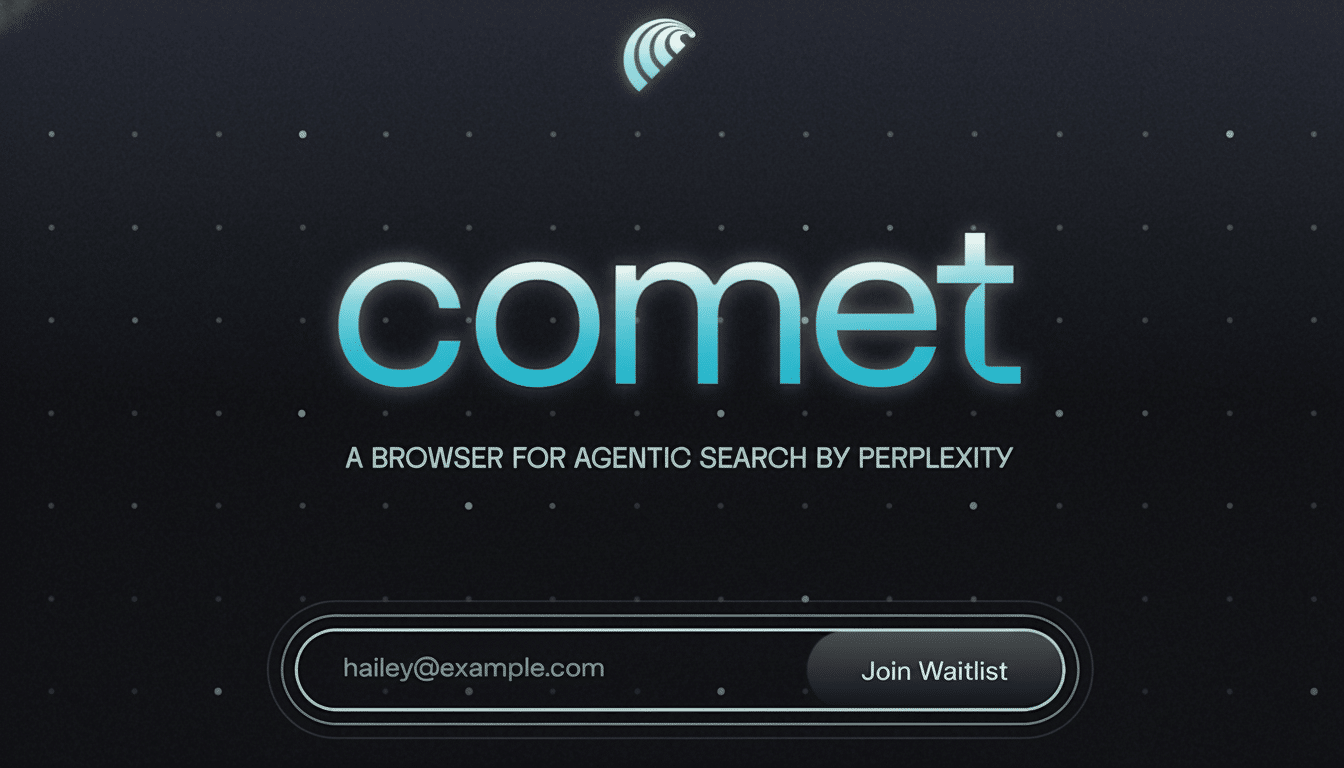Perplexity has launched its AI-first Comet browser for Android—focusing the “uh-oh here come the agents” on making a better way to find information while browsing. The release also includes tab-aware support, voice interactions, and multi-page summarization on phones, and it’s clear Google wants to design AI as the underlying layer of how people find and read information as well as act on what they’ve found while browsing.
What Comet Has to Offer the Android Ecosystem
The Android app is very similar to the desktop version. Perplexity can be set as the default search and open across all tabs, summon an assistant that “sees” all open tabs, and even answer natural-language questions about those pages (through text or voice). Comet can squeeze long articles spread across multiple tabs into compact briefings and hold the context as you shift between sites.

Aside from providing answers, the agent performs actions. Perplexity explains that Comet is designed to be able to research products, compare options, and even shop on your behalf, though with a transparent activity log viewable by you so you can see every step. A built-in ad blocker reduces clutter and speeds up page loads—useful if you need to summarize content with a clean interface, like AI summarization pipelines.
Planned features include a conversational agent for searching across websites with no manual tab juggling, customizable shortcuts for repetitive actions, and full-featured password management. On desktop, Comet Assistant recently got the capability to run more heavyweight jobs that take longer and use more memory—think lifting structured data from a website into a spreadsheet (Newbould also mentioned Selenium as an example)—which suggests what the mobile agent might be in for down the line.
Why Android is first for Comet’s AI browser rollout
Perplexity says interest from carriers and device makers led it to arrange the launch order. Android’s distribution benefits make it an obvious initial focus: Android, according to StatCounter, is present on nearly 70% of all smartphones worldwide, and OEM partnerships can land apps in users’ hands at the point of setup itself.
The company had previously partnered with Motorola to provide its app preloaded on select devices. Although no new bundling deals were unveiled with Comet for Android, this route—plus carrier integrations—tends to dictate whether a fresh browser can crack Chrome and Safari’s firmly established default on mobile.
A version for iOS is in the pipeline, though they’re starting with Android because, as Winkelspecht says: “We are aiming to scale up both our user base and product feature set very rapidly on the back of AI and will be working directly with OEMs.” And by that he means winning distribution where you have reach vs. OS-level software choices—i.e., where a minor device manufacturer has flexibility to choose which features to build into their own apps, or an enthusiast can make an app choice at an OS level, what he terms a user who’s curious about AI.

An AI browser market warming up with Comet on Android
Comet joins a cohort of browsers competing to bake AI deeply into the core experience, rather than bolting it on as a sidecar. Opera has been implementing the Aria assistant across its products, and The Browser Company (now part of Atlassian) has incorporated generative features into Arc and tested them with Arc Search on mobile. OpenAI and other model makers have also been working to explore AI-first browsing experiences, though most of the significant launches have landed on desktop first.
What sets Comet apart on Android is its concept of agents: task (and tab) spanning execution, conversational control, and visual action traces. If Perplexity can keep the assistant both competent and predictable, it has a chance of becoming the default way that users triage information-heavy tasks such as trip planning, contract analysis, or comparison shopping on a phone.
Guardrails and agent safety for AI-powered browsing
Agentic browsers raise new security issues. Stanford and ETH Zurich researchers have demonstrated how prompt injection and data exfiltration can manipulate LLM-controlled agents to perform harmful maneuvers. Industry organizations like OWASP have released equivalents of an LLM Top 10 risks list, and risk management guidance such as NIST’s AI Risk Management Framework encourages developers to incorporate transparency and containment from the outset.
These risks have been publicly acknowledged by Perplexity, which also observes that AI agents shift the browser threat model. Comet’s visible action log and scoped permissions are pragmatic moves, but real safety will come down to how the Android app deals with malicious pages, cross-site automations, and untrusted prompts IRL. Security researchers can be expected to test the limits of these new barriers soon.
What to watch next as Comet expands on mobile platforms
The short-term goals are obvious: the release of cross-site conversational search, shortcuts for quick actions, and a native password manager, followed soon after by an iOS version. Some of the adoption signals to look at would be the number of users who go on setting Perplexity as their default search, deals with OEMs and carriers around distribution, and whether session length and completion rates for tasks increase due to agent support.
If Comet can refine that type of multi-tab chaos into clean summaries and coherent actions—compiling specs for three laptops, cross-checking prices from retailers, and updating a record of the steps it took—then it could alter how mobile browsing works. The difficult part here will be trading power for predictability in a market where incumbents still control the majority of mobile traffic.

